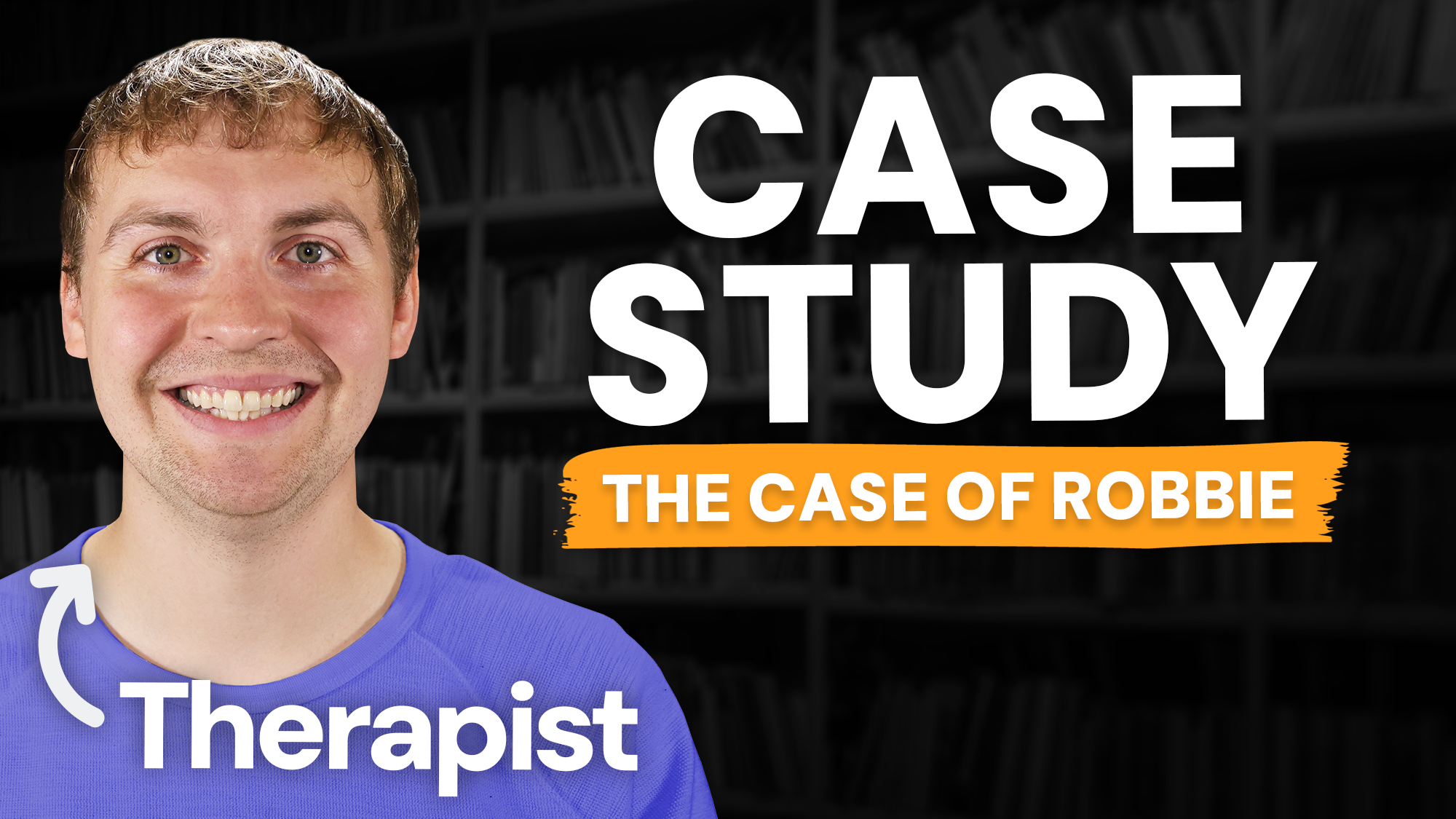
In the category of Career Development on the National Counselor Examination (NCE), the Counselor Preparation Comprehensive Examination (CPCE), or another counseling exam, you might come across questions related to John Krumboltz and his Learning Theory of Career Counseling.
This video is a helpful NCE & CPCE study guide but can also be used for any other situation where you might need a bit more knowledge on the topic. We’ll cover the four main factors in the theory, influences, and some other helpful info.
John Krumboltz’ Learning Theory of Career Counseling is considered a social learning theory. Although it might seem opposite to how many think about it, Krumboltz believed that problems and difficulties with career choice problems are important for one’s happiness in life. He highlighted four factors that he considered to be important influences to one’s career development.
Factor 1: The first are genetic influences and unique abilities. Meaning, that we may have abilities that we may have a genetic predisposition to be more skilled at. These may then influence what we do as a job or what career path we seek.
Factor 2: He highlighted environmental factors or other influences that we may have from life. In this way, the things that we experience in life, the environment where we are raised, and other influences from our life may steer us in one direction or another for a future career.
Factor 3: We might have experiences with learning that could be an influence. We might learn things in life—perhaps about a specific career—that nudge us toward or away from areas of work.
Factor 4: The final factor is related to our individual skills. He believed that our abilities—like those related to problem solving or the cognitive skills—might influence our work. Krumboltz also thought things such as the patterns of our emotions might play a role as well.
While Krumboltz’s theory is a social learning theory, it might also be considered a decision-making theory or a cognitive theory by some. He acknowledged that genetics and environment can play a role in career choice. However, he tended to place his focus most on behavior and how one can learn new things or otherwise change their experiences with career choice.



If you or someone you know are needing immediate mental health assistance, please call or text 988, contact a local emergency telephone number, or go to the nearest emergency room.
By interacting with this website and channel, this does not constitute a therapist/client relationship. This content is intended for the purposes of entertainment and mental health education.
View additional disclaimers and notices on our Disclaimers page.